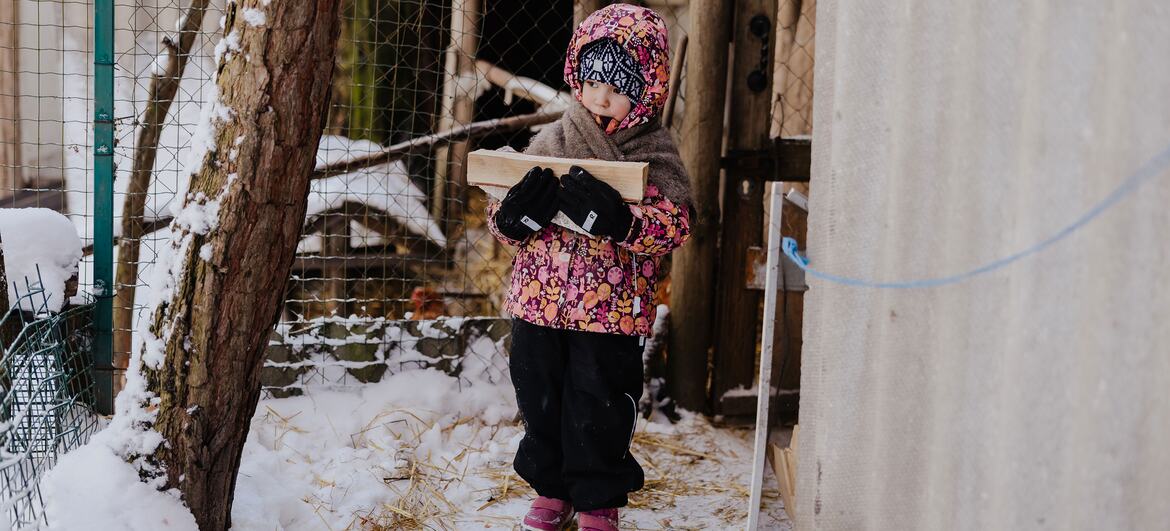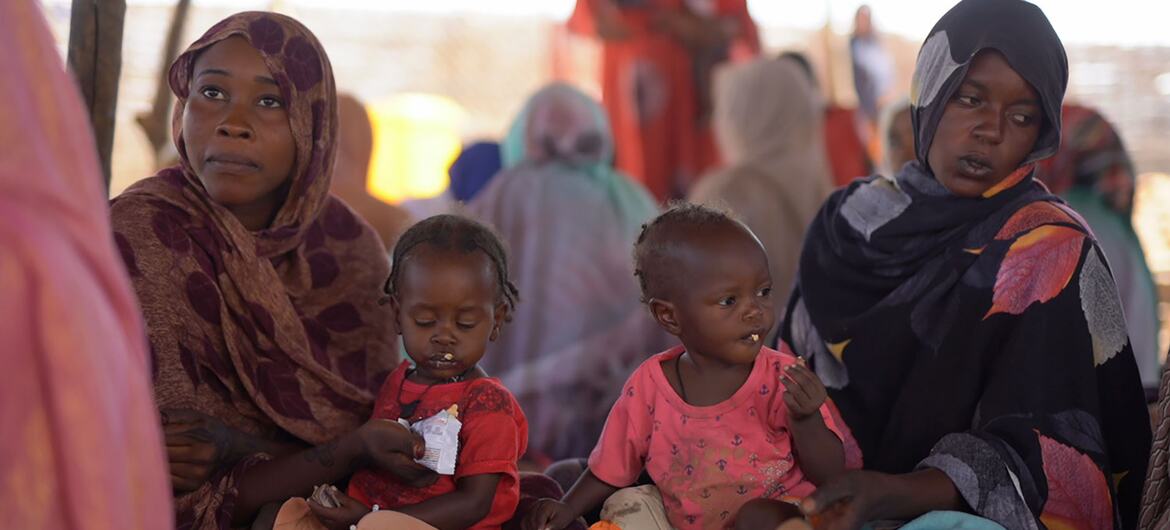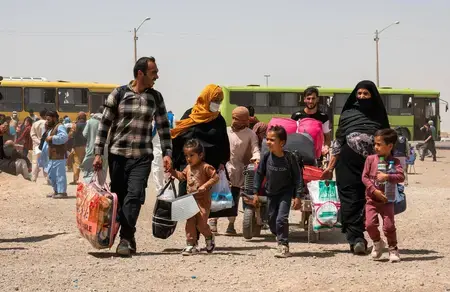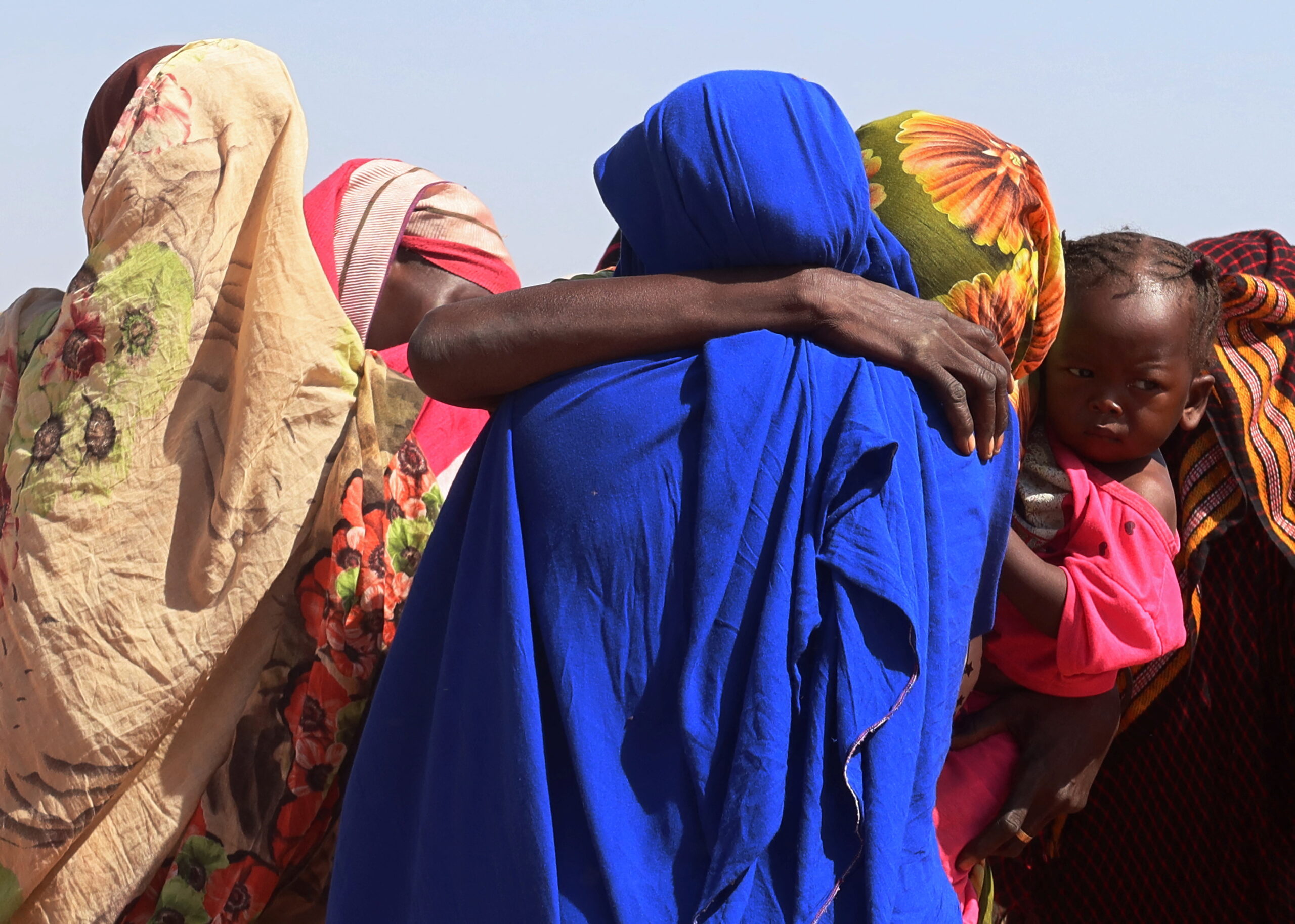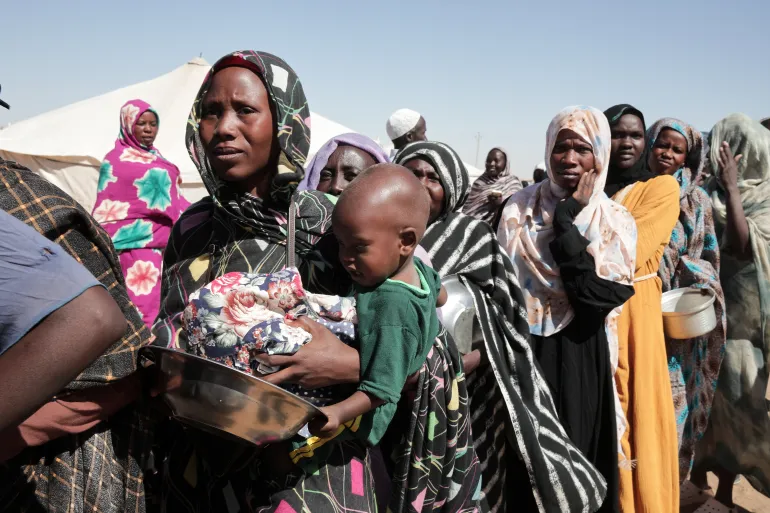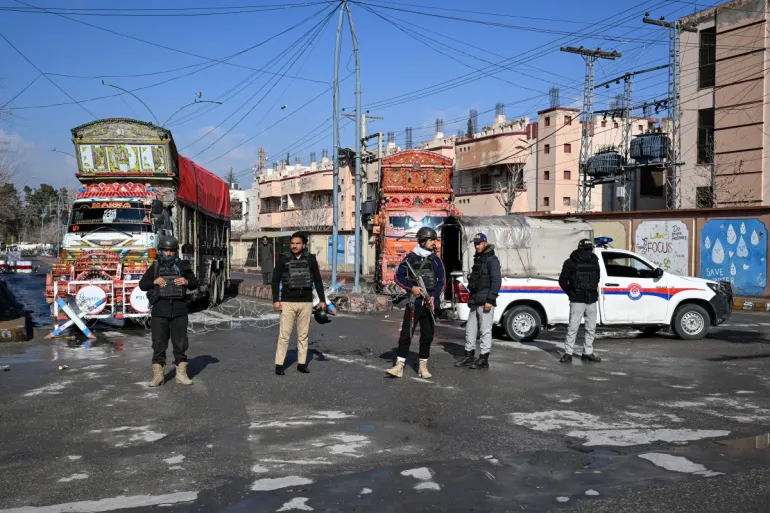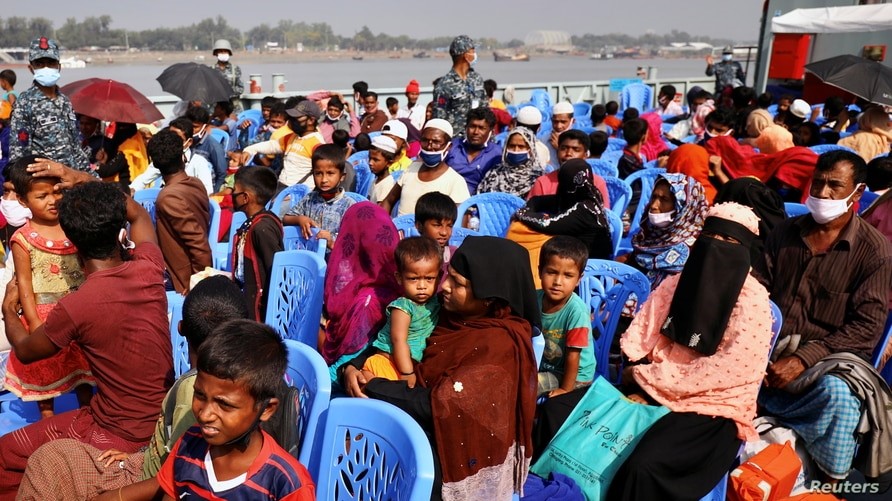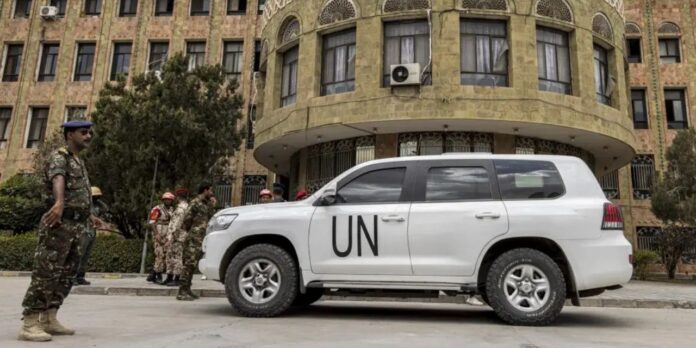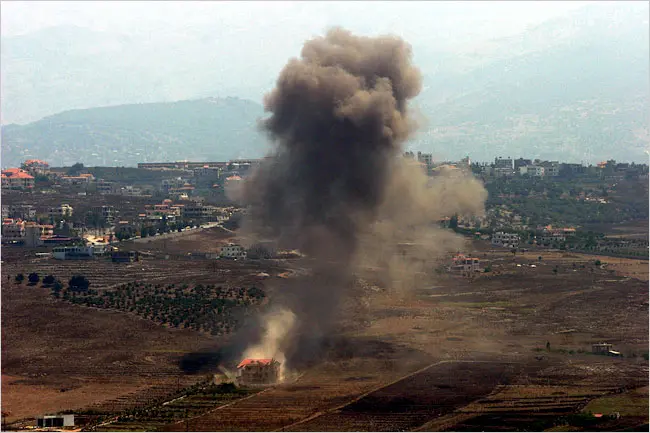UN Security Council Discusses Alarming Famine Conditions in Sudan
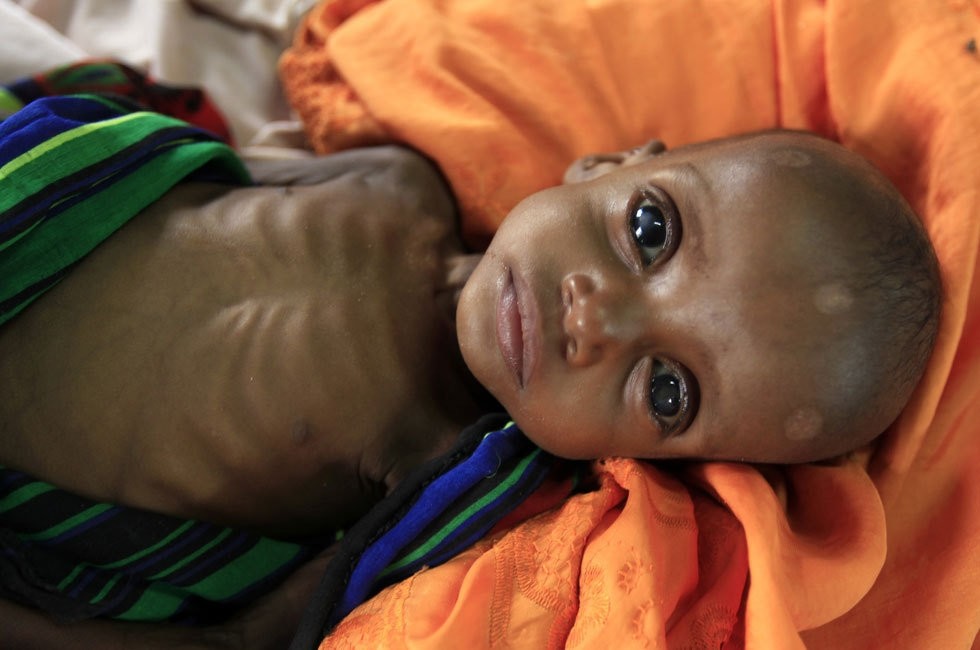
With famine conditions spreading, and the government's rejection of the international community's findings, the situation remains fraught with uncertainty, underscoring the complex intersection of politics, humanitarian needs, and global cooperation/ Al Jazeera.
The United Nations Security Council is set to convene for a critical briefing regarding the latest findings from the Integrated Food Security Phase Classification (IPC) Famine Review Committee on Sudan.
The report paints a dire picture, revealing that famine conditions have emerged in at least five distinct regions of the war-torn country. As Sudan grapples with ongoing conflict, political instability, and humanitarian challenges, the report’s alarming conclusions raise serious concerns about the escalating crisis.
The IPC’s findings come at a time when millions of Sudanese are already facing severe food insecurity, exacerbated by the ongoing civil conflict, displacement, and the disruption of agricultural production.
The regions identified in the report are enduring acute food shortages, with malnutrition rates reaching catastrophic levels. International organizations, including the UN and humanitarian partners, have been warning for months about the looming risk of widespread famine in the country, but the report’s confirmation has brought a new urgency to the international response.
However, the Sudanese government has vigorously rejected the UN-backed report. The Sudanese Foreign Ministry issued a statement categorically dismissing the claims, calling the findings “speculative” and insisting that the assessment lacked sufficient evidence.
In its response, the government questioned the methodology of the IPC’s review, claiming that the report was based on incomplete or unreliable data. This rejection has only deepened the rift between Sudan’s leadership and the international community, as the government continues to downplay the severity of the crisis.
The tension between the UN and Sudan highlights the difficulties in delivering effective humanitarian aid in a country already grappling with internal strife. As the international community pushes for increased assistance to those in need, the Sudanese government’s stance threatens to complicate efforts to address the worsening food insecurity.
The Security Council briefing is expected to underscore the urgency of immediate action and highlight the need for a coordinated global response to mitigate the devastating impact of famine on the Sudanese population.
This stark contrast in perspectives between the UN and Sudan’s government raises important questions about the future of humanitarian intervention in the country. With famine conditions spreading, and the government’s rejection of the international community’s findings, the situation remains fraught with uncertainty, underscoring the complex intersection of politics, humanitarian needs, and global cooperation.
Agencies.


